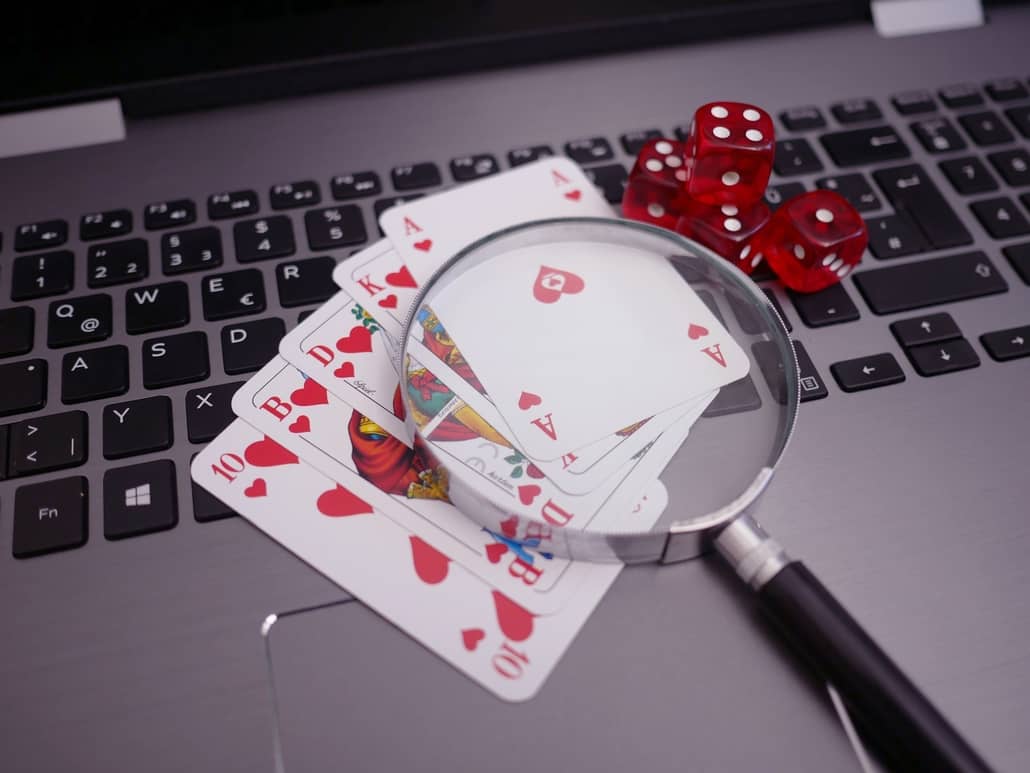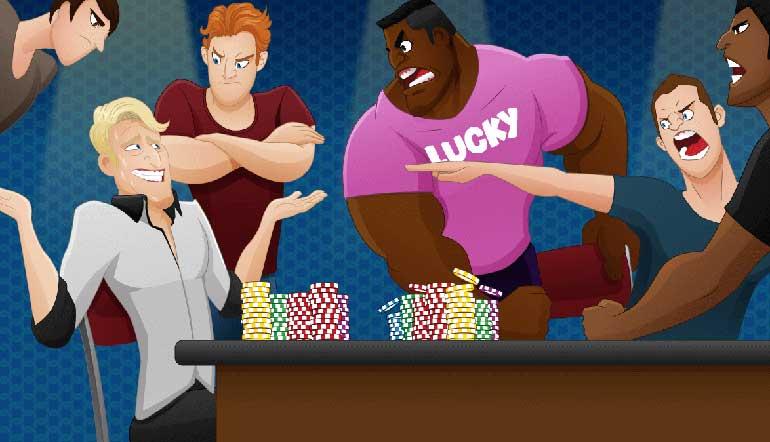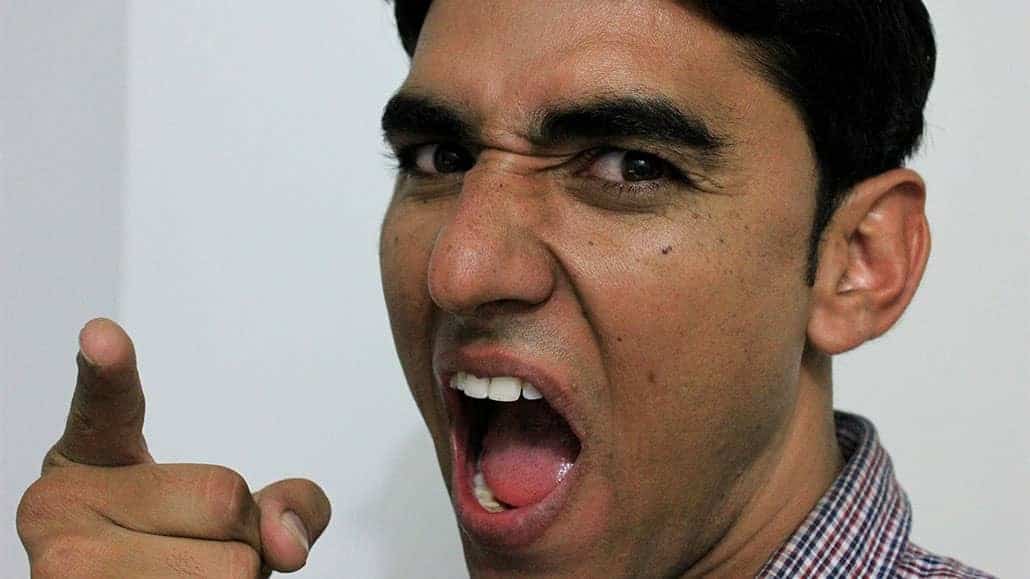Angle Shoot Poker Term
1. An unethical method of gaining a tactical advantage over another player.
Angle-Shooting In Online Poker. The live scene is not the only place where you can angle-shoot. Some online poker sites offer disconnect protection, where a player who is disconnected from the site at any time is declared all-in and the hand is played out so he can only win or lose what he had already committed. Angle shooting is a form of cheating in a poker game. Well, technically it’s not cheating but more accurately using underhanded tactics in order to gain an unfair advantage but at the end of the day it is a very unethical way to play poker. It is only considered cheating if it’s against the rules of the game.
2. An opportunity for profit in gambling.Possible angle shoot caught on the EPT Barcelona live stream The poker world is talking about a crazy hand from the Main Event where a player seems to 'bluff fold' to get information. In the words of Joe Ingram, 'nothing brings the poker community together like someone trying to angle on a live stream', and this week it seems we had one of the. Roy Winston finished 16th in 2007 Card Player, Player of the Year race. He won the WPT Borgata Poker Open and finished the year with well over $2 million in tournament poker winnings.
The game of poker is rife with rules and procedures governing play. These range from rules which are set in stone, to ethical guidelines, to common courtesies. This can lead to problems, especially when players refuse to respect the courtesies and ethics inherent in the game, or go even further and attempt to bypass the rules. When a player engages in this type of behavior, it’s called “shooting an angle.” Unfortunately, this type of behavior can lead to a tactical advantage over players who respect the rules, ethics and courtesies of the game. The players who do not engage in these violations will not accept it when an opponent breaks or bends the rules in an unethical manner in order to gain advantage in the game, nor should they. If these violations were allowed to stand, the game would devolve to the point where everyone would be taking shots at each other. Obviously, this would destroy the integrity of the game. So it is in everyone’s best interest to keep angle shooters from practicing their art.
Here is an example of a common violation that would be considered shooting an angle. Imagine that two players, Rob and Tom are heads up in a Hold’em hand. Rob, who acts first, has been checking the whole way, and Tom, who acts last, has been betting. On the river, Rob makes an ambiguous but intentional hand motion, which is generally taken as a check. Rob has been checking the whole way, and Tom interprets his motion as a final check. Tom, who has a fairly weak hand, elects to check behind Rob, and since the hand ends with this action, subsequently turns his hand over to reveal third pair. Rob, upon seeing Tom’s hand, bets. Rob now claims that he made no definitive checking motion, and that Tom therefore had acted out of turn. Rob insists that he be given the right to bet, despite Tom’s assumption that the hand is already over. The reality of the situation here is that Rob saw an opportunity to shoot an angle on Tom.
The issue here is the nature of Rob’s checking motion on the river, as well as the intent behind it. The rules state that a player may check by verbalizing his intent as such, and that he may also check by rapping the table with his fist. However, players make all sorts of hand motions which are also generally accepted as a check. These motions include tapping or waving an index finger, waving the entire hand or pointing at the next player to act, to name a few. Players also sometimes make an inadvertent hand motion when it is their turn to act, with no intention of checking. So out of respect for the game there is a mutual understanding among players that each side will do their best to be clear about the others intent before acting. When there is a dispute about an action, it is often up to the floorman to decide. In the case above, Rob made an ambiguous motion on purpose, in a blatant attempt to shoot an angle. If the floorman were called on to make a decision here, he would decide in favor of Tom, provided he was given enough information about the situation to make the correct decision.
In the poker world, the term “angle” generally has negative connotations, and implies a desire or attempt by an ethically questionable actor to circumvent the rules in order to take advantage of the other players. The ethical majority of poker players consider angle shooters lowlifes and cheaters. But when the term “angle” is applied to gambling situations outside of the poker world, it often drops its negative connotation. A sports or horse bettor can have an angle which is perfectly legitimate and requires no malfeasance. In this context, an angle simply means a path to profit. For example, a sports bettor may bet a home team simply because they have won twelve out of their last fifteen home games. Alternatively, a horse bettor may notice that a certain jockey at a certain track racing in certain conditions may yield a long term profit, and so will always wager in that spot. These analyses would be their angles. In this context, having an angle is perfectly legitimate, and a good thing. In fact, the better your handicapping skills are, the more angles you will see. So it is generally necessary for a good handicapper to “see” an angle before he will risk his money, and the more angles he sees, the more profitable wagers he will be able to place.
Usage: Angle Shooter, See an Angle, Shoot an Angle
Previous Poker Term: All In

Next Poker Term: Ante
Contents
Patrick Leonard has been having himself one heck of a year in 2017.The partypoker ambassador has been instrumental in reshaping the company’s rewards program (which has driven solid cash game traffic gains). He’s also been cleaning up at the poker tables and by all accounts, is staking all the right people.

But this past weekend Leonard was in the news for a different reason.
A clip emerged that seems to show Leonard shooting an angle during a major poker tournament.
The otherwise ordinary hand occurred during the bubble of the PokerStars Championship Barcelona Main Event and was captured on the live stream.
The video has caused quite a stir.
The poker community inevitably did its thing, d launched into a debate over whether or not Leonard’s words and subsequent actions constituted an angle-shot, and by-and-large concluded that what Leonard did is in fact an angle.
Do you think this was shooting an angle by @plenopads during Barcelona main event? https://t.co/OaWeIjr3Bt
— Daniel Negreanu (@RealKidPoker) August 25, 2017
But there is more to it than this. As with most things in poker, there’s a lot of gray in this situation, and I think it’s important to separate the action, and whether or not it’s acceptable, from Leonard’s intent.
Let’s cut through the noise
When it comes to what Leonard said, there are a few things that people have brought up that are complete red herrings.
First, it doesn’t matter that the player didn’t muck his cards or make some other blunder.
Not every angle-shot is going to be successful. Anyone with a fair amount of live poker experience knows to keep your hand protected until your last opponent’s hand hits the muck and the dealer pushes you the pot. Angle-shooters are just hoping you don’t have experience.
Second, Leonard’s explanation of what was going through his head shouldn’t factor into whether we place his speech into the angle-shot category or not. The whole point of shooting an angle is to give yourself plausible deniability that something untoward occurred.
If this was a known angle-shooter, what Leonard did would 100 percent be seen as an angle. If this wasn’t Patrick Leonard this wouldn’t even be a discussion.
As New Jersey poker pro Mike Gagliano put it:
Angle Shoot Poker Terms
It’s 100% the definition of what an angle is.It’s gray area +someone who doesnt know every detail of rules may mis interpret to your benefit
— Gags30 (@Gags30poker) August 25, 2017
Angle Shoot Poker Term
Leonard’s explanation makes perfect sense
But as I said above, there is a difference between the act itself and the motive behind it.
Leonard provided a good synopsis of the hand from his perspective in a 15-minute video posted on YouTube.
In the video, Leonard admits he was in fact angling for information, but not for his opponent to make a huge mistake and muck his hand.
As Doug Polk said, angling for information is still in a gray area.
This video highlights not understanding the issue. It doesn't matter how weak your hand is, saying 'you got it' for reads in a hand isn't ok https://t.co/2pkrYirSv5
— gN Doug Polk (@DougPolkPoker) August 27, 2017
In the end, Leonard realized he inadvertently stuck his toe over the line and said he would be more careful in the future to avoid blurring the line of acceptable speech play.
I think the admission by Leonard is important, and I think in this particular situation, we should take Leonard’s explanation and reputation into account when considering the underlying intent, as Leonard is not known for sketchy play, and has a good reputation.

Vanessa Selbst pointed out that for it to be a textbook angle-shot it needs to be intentionally scummy, which doesn’t seem to be the case here. But she also notes that even if it’s not intentional (and how are we supposed to know for sure other than taking the person at the word) it looks bad.
I've never seen anyone say 'you got it' so authoritatively whilst not actually folding. I can see tons of ppl mucking/showing/reacting/etc.
— Vanessa Selbst (@VanessaSelbst) August 26, 2017
But what about other situations?
The problem is we can’t make the same reputation calculation for every player that finds themselves facing similar accusations.
Further, what he did could have led to his opponent mucking. Leonard assumed that wouldn’t happen, but I’ve seen crazier things happen at a poker table.
If his opponent did irretrievably pitch his cards into the muck and Leonard was awarded the pot, this situation would have been a lot worse and far more controversial.
I made that same comment on his video but in a much longer round about way lol. He went for info in a way the other player could have folded
— Chris Davies (@crdavies7) August 27, 2017
A misdemeanor, but a dangerous precedent
On the angle-shooting scale of one-to-Ivan-Freitez, this ranks pretty low. It’s more in the faux pas category.
Tournament director Matt Savage summed it up best by saying that while he wouldn’t kill the hand or give a penalty, he would take the offending player aside to have a word.
Yes, his hand is still live and he can win the pot. I would have a conversation with that player though. Player B learns valuable lesson. https://t.co/e5DySSlqZS
— Matt Savage (@SavagePoker) August 25, 2017
I’m with Savage. It’s important to not overreact, but it’s also important to not tolerate vague language that can be easily misconstrued by inexperienced players.
Many really “good” people may say and do things that aren’t meant to be angle-shots, but that doesn’t mean what they did can’t also be used as an angle. So even if there wasn’t a malicious motive, the person needs to be told not to do it again.
As Chase Bianchi said, rules exist to prevent angles, even if the vast majority of the time it’s not used as an angle.
Absolutely. Similar to rules differing on subjects like talking about the contents of your hand. Most cases it's not angle, yet rule exists.
— Chase Bianchi (@Chase_Bianchi) August 26, 2017
Bottom line
This seems to be a case of a non-angle-shooter getting a little too carried away in his speech play for a hand. Nothing bad came of it. It also had the positive impact of causing him to reexamine what he says in a similar situation in the future.
However, we have to draw attention to it and explain why it’s not acceptable. If we don’t, the next time we see this play it might be someone with less virtue pulling it against a recreational player in a cash game at Aria, the Commerce, or Foxwoods.
Leonard may be an all-around good guy with no malintent, but if we classify his speech as acceptable and just part of the game, other people who are more ethically challenged will begin adding it to their repertoires and tweaking it to make it an even more malicious play.



